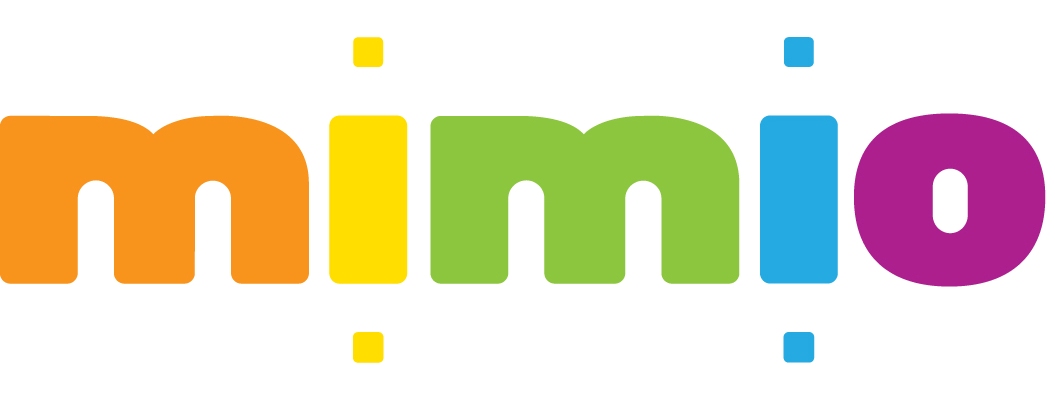just a couple years straight back, that would have believed that the taxi company that is biggest on the planet would acquire no automobiles but a pc software platform for connecting its two million contractors with clients? Or that nurses will have to develop skills that are digital offer care? And that also high order cognitive jobs such as for instance authors and reporters could be changed by smart devices? Things are changing therefore fast, it is hard to predict what the ongoing future of work can look like when you look at the years ahead, but the one thing is for certain, the skill landscape – the who, where, and exactly how work is performed – will never function as exact exact same.
Yet organisations that are many to recruit and develop their skill while they usually have. They could speak about вЂinstilling a skill mindset’, and exactly how HR practices can be employed to recruit abilities for future years however their concept of talent hasn’t evolved to reflect the wants and complexities into the future of work.
But this might be planning to alter. There clearly was an acute global abilities shortage lurking beingshown to people there and it surely will keep a lot of companies not able to fill their jobs unless they broaden their concept of skill.
Our company is transitioning as a white-collar workforce as the solutions industries continue steadily to expand along with the quick development in automation, robotics and digitisation there was an elevated dependence on highly trained staff after all amounts. And also this is precisely where skills shortages will strike Australia the most difficult. A korn that is new kerry, The Global Talent Crunch, forecasts that in two years organisations in Australia will soon be dealing with deficit of 739,000 tertiary educated employees and by 2030 the shortages could have reached 2.2 million. Australia will even have critical shortages into the next degree down. By 2020, the shortfall of vocational skill shall be 538,000. The gap is anticipated to deteriorate to 2.1 million by 2030. In this scenario, organisations will find it difficult to find the people they want when they continue steadily to turn to the exact same skill pools they will have. It’s time for you to view skill with brand brand new lenses.
The phrase skill can indicate various things to people that are different. Recruiters might use the word to refer into the types of applicants they wish to employ, put simply, “ a candidate ” that is good. HR leaders having said that, may label the company’s whole workforce as skill. More often than not, nonetheless, the definition of skill can be used to tag вЂtop talent’- employees informed they have a unique ability or possible. These opted for few are typically somebody that has been examined and positioned in the right that is top for the nine-box grid or fit specific success pages.
This definition of skill is problematic because technology will continue to redefine jobs and produce positions that did exist n’t. In an world that is evolving brand brand new jobs will frequently need skills which have not been hired before. The вЂtop skill’ of today might not have the abilities necessary for tomorrow and can even perhaps not show similar standard of performance in the future situations. The thing is compounded by the proven fact that this definition that is narrow mainly on people that are currently doing their present work perfectly as they are prepared to move within the leader. It ignores workers using the possible to complete those jobs if because of the possibility and are also developed within the right method. Whenever these workers with latent potential are not nurtured, they find yourself making the organisation. Utilizing the imminent risk of the skill crunch you simply can’t manage to lose this skill.
Talent could be the individuals that you need to have
A far more modern concept of skill is targeted on the sort of talent necessary for the company to fulfill client requires both now as well as in the long run. And it also takes a far more long-lasting, strategic view of skill management. It entails companies to know where their marketplace is going, just how consumers are changing and exactly what abilities and roles will soon be had a need to run in this environment and attain the company’s goals.
As soon as organisations are unmistakeable on these elements, they could recognize which people inside their workforce are many in a position to provide the employee qualities required within the continuing business and pinpoint where in actuality the gaps and abilities shortages are rising. Using this approach that is strategic workforce preparing not only assists organizations define just just what skill methods to them, it lays away a roadmap to navigate the business enterprise through development and change.
Just take the sector that is financial example. Market forces are transforming monetary solutions organisations into technology driven companies and also this is having an enormous effect on their workforces. Strategic workforce planning is assisting a player that is major how to define skill. NAB, one of many industry’s largest banking institutions in Australia, has stated that they will certainly need certainly to replace 6,000 roles that are non-IT 2,000 electronic functions by 2020. » that which we’re doing is we’re simplifying the bank ,» the bank’s CEO said. NAB is automating advance to payday Mississippi procedures and moving to electronic networks, causing less people being needed. The skill they now require is somewhat distinct from the hitherto abilities in old-fashioned banking roles.
The task for businesses would be to determine where in actuality the brand new skill will originate from. It might mean that an organization will wind up contending with skill swimming pools off their industries and geographies. NAB for instance, is contending with technology organizations for sought-after digital capabilities – information scientists, AI, robotics, automation and, technology individuals.
Finding the skill you will need
In the event that you keep an available head about skill, the abilities and worker characteristics your organisation requirements is found in astonishing places. In a lot of U.S. tech hubs, pc pc software companies are unearthing that liberal arts thinking makes them more powerful . While designers are nevertheless hot commodity, applicants with unusual backgrounds are slowly changing the makeup products of technology organisations. These businesses are finding that having a number of tech and talent that is non-tech them more lucrative at linking with clients and increases imagination.
The important thing just isn’t to be in for the status quo since the abilities that folks and groups need continues to develop and alter with time. Talent that worked within the past might never be enough to make sure success as time goes on. As opposed to putting slim boundaries across the concept of skill, organisations should concentrate on long-lasting company requirements and producing possibilities for folks to demonstrate the way they can donate to the organisation’s future success.









